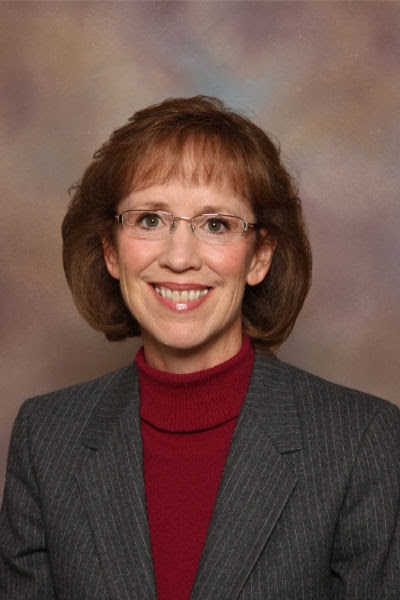November 10, 2016
As my three-year term as President of United Families International draws to a close in a few weeks, I am pleased to announce that the UFI Board of Directors has unanimously approved as our new President-Elect.
She has been an active member of UFI for 16 years, and currently serves as a member of the UFI Board and Vice President for International Affairs. She has served as the Director of International Voice for Youth (IVY) and Director of the International AIDS program, Stay Alive. She has attended various United Nations conferences in New York, Geneva, Switzerland, and Ecuador. She has presented at the International Global Health Conference in Washington, DC, at United Nations events, and directed the Emerging Leader Program at the World Congress of Families IX in Salt Lake City.
We are excited for her capable leadership, as UFI continues to move forward.
Last month she wrote about the significance of the UN Habitat II conference in 1996, and why it was so important for United Families International to attend this year’s follow-up conference, Habitat III in Quito, Ecuador. Angela Fallentine was a member of the UFI team who went to Quito with her, and we appreciate today’s report by Angela about their experience – their observations and experiences, their successes and concerns.
The nations of our world are quickly forgetting the powerful impact of its most basic unit: the family. We express heartfelt thanks to our UFI Quito team – and to all of the United Families volunteers through the years who have sacrificed so much to remind world leaders that the key to strong nations is strong families.
Successes and Concerns at Habitat III
by Angela Fallentine

This historic conference was described as one of the largest in United Nations history, bringing in nearly 40,000 participants from around the globe, including delegates, heads of state, mayors, urban planners, environmentalists, relief agency representatives and NGO’s. The United Nations issued a declaration, the New Urban Agenda, which was officially adopted by delegates from 167 nations and is expected to guide policies and strategies for sustainable development over the next 20 years. Unfortunately, there was no mention of the family in this document, despite it being the most important element of successful sustainable development.

The UFI team provided a copy of this book when they met with delegates from Jamaica, Latvia, Malta, Belarus, Kenya, Angola and Peru, and had opportunities to learn of and discuss critical areas of concern for their countries. The SDG book was well received by all who received it, including the Secretary General of Latvia, Mudite Priede, who said this book would be very helpful in their country. Her colleague, a Latvian mayor, added, “The family is the foundation of every nation.” When Johann Buttigieg, the Executive Chairman of Planning Authority in Malta received the book, he agreed, “The family is the foundation and needs to be supported.”
Throughout the conference, we observed that the meetings focused on how countries would integrate and implement the agenda—particularly as it pertained to civil society organizations, women, girls, youth, refugees, LGBT persons and local governments. Despite the discussions lacking important mentions of the family, mothers and fathers, UFI representatives were able to provide critical input regarding the family and the importance of fathers and their responsibility for raising boys to be agents of change.
One round table discussion took an alarming turn when the conversation moved towards the concept of decriminalizing consensual incest. Fortunately, one UFI delegate took the opportunity to strongly voice her opposition of consensual incest and turned the conversation towards the importance of protecting children and the family unit.
Despite the lack of mention of the family, mothers and fathers in the Habitat III document or the New Urban Agenda, a delegate in the final plenary session provided one of the most hopeful statements of the conference when she declared:
“We have to remember the families in our countries … as we focus on the different areas of the urban agenda. . . . It isn’t just a sum of individuals. When we talk about the whole of it, we need to remember it is more than only the sum of individuals. . . . We need to work to ensure that families and households are part of the agenda in moving forward toward the future.”
We couldn’t agree more and as UFI looks toward the future, we will continue to work tirelessly to ensure the family is not forgotten at the United Nations and in our local communities.



